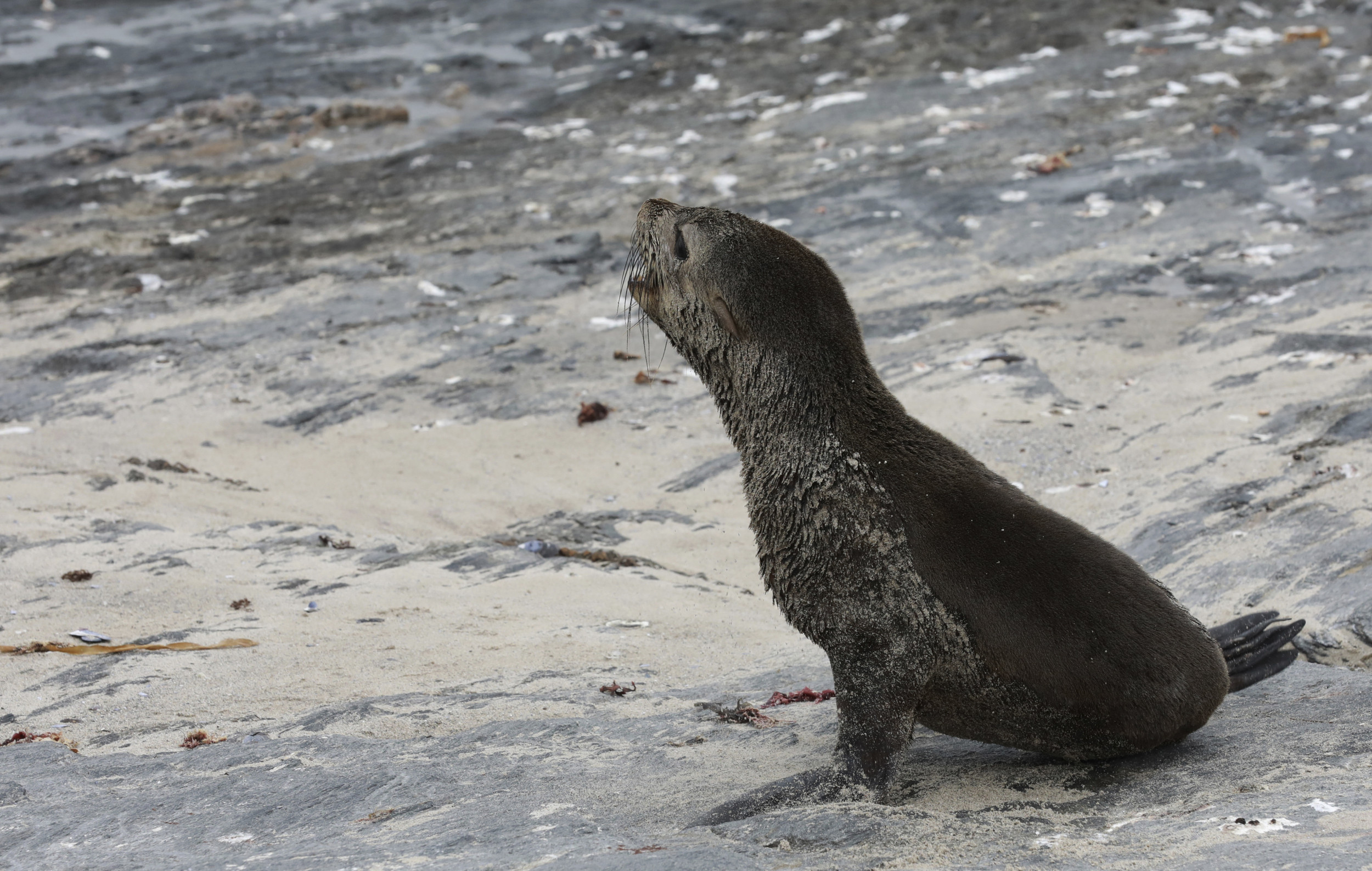Researchers in South Africa believe they have made a groundbreaking discovery: rabies has spread to marine mammals for the first time, identified in 24 deceased Cape fur seals.
The seals were found in various locations along the country’s west and south coasts, as noted by state veterinarian Dr. Lesley van Helden.
Rabies is a deadly virus that primarily affects mammals and can be transmitted to humans through saliva, typically via bites or when animals groom each other. Traditionally, rabies is seen in terrestrial mammals such as raccoons, foxes, and domestic dogs, making this marine occurrence a rare finding.

Nardus Engelbrecht/AP
The initial signs of rabies in Cape fur seals came to light in June after a dog was bitten by a seal in Cape Town, leading to the dog’s infection. This prompted extensive testing on brain samples from 135 seal carcasses collected since 2021, along with additional samples. The results confirmed the presence of the virus.
Dr. van Helden indicated that the virus appears to be establishing itself within the seal population, spreading through bite interactions among the seals.
Interestingly, the only prior occurrence of rabies in a marine mammal was a ringed seal in Norway during the early 1980s, which was likely infected by a rabid fox, with no evidence of inter-seal transmission.
Scientists are currently investigating how rabies was transmitted to the seals, its potential spread among their colonies, and strategies for containment. Greg Hofmeyr, a marine biologist studying seals in the region, emphasized that much is still unknown about this situation.

Nardus Engelbrecht/AP
Approximately 2 million seals migrate along South Africa’s coast, and genetic analysis revealed that the virus shares similarities with rabies found in black-backed jackals from Namibia, known to hunt seal pups.
Most virus sequences show close relations, confirming inter-seal transmission. With Cape fur seals often living near human populations, particularly around Cape Town, the city has raised warnings for locals. Despite increased reports of aggressive seals—some biting people—no human rabies cases have been identified yet.
One seal carcass tested positive in August 2022, indicating that rabies has likely been present in the population longer than previously recognized.
Cape Town authorities have begun vaccinating a small number of seals at popular harbors to prevent further spread.
This article includes reporting from The Associated Press
